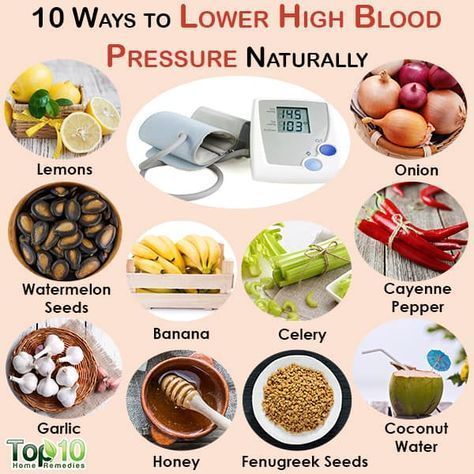High blood pressure, also known as hypertension, is a common condition that affects millions of people worldwide. It is often referred to as the “silent killer” because it can lead to serious health complications if left untreated. Fortunately, there are several nutritional strategies that can help manage high blood pressure and improve overall heart health. In this article, we will explore some of the best dietary practices for controlling hypertension.
Reduce Sodium Intake
Sodium is a major contributor to high blood pressure. Consuming too much sodium can cause the body to retain water, leading to increased blood volume and pressure on the arterial walls. To reduce sodium intake, avoid processed and packaged foods, which are often loaded with salt. Instead, opt for fresh fruits and vegetables, whole grains, and lean proteins. When cooking, use herbs and spices to add flavor instead of salt.
Incorporate Potassium-Rich Foods
Potassium is a mineral that plays a crucial role in regulating blood pressure. It helps to balance the sodium levels in the body and relaxes the blood vessels, reducing strain on the heart. Foods rich in potassium include bananas, sweet potatoes, spinach, and avocados. Incorporating these foods into your diet can help lower blood pressure and improve cardiovascular health.
Increase Magnesium Intake
Magnesium is another important mineral for managing high blood pressure. It helps to relax the blood vessels and improve blood flow, reducing the risk of hypertension. Foods high in magnesium include nuts, seeds, whole grains, and dark leafy greens. Consider adding these foods to your diet or taking a magnesium supplement to support heart health.
Focus on Whole Foods
Eating a diet rich in whole foods, such as fruits, vegetables, whole grains, and lean proteins, can help lower blood pressure and improve overall health. These foods are nutrient-dense and contain essential vitamins, minerals, and antioxidants that support cardiovascular function. Avoid processed foods and sugary beverages, which can contribute to hypertension and other health issues.
Limit Alcohol and Caffeine Consumption
Alcohol and caffeine can both affect blood pressure levels. Drinking excessive amounts of alcohol can raise blood pressure and increase the risk of heart disease. Similarly, consuming too much caffeine can cause a temporary spike in blood pressure. Limiting your intake of alcohol and caffeine can help maintain healthy blood pressure levels and reduce the risk of cardiovascular complications.
Monitor Your Blood Pressure
Finally, it is important to regularly monitor your blood pressure levels to track your progress and make necessary adjustments to your diet and lifestyle. Speak with your healthcare provider about how often you should check your blood pressure and what your target numbers should be. By staying informed and proactive, you can effectively manage high blood pressure and reduce the risk of heart disease.
Managing high blood pressure requires a comprehensive approach that includes dietary changes, regular exercise, stress management, and medication, if necessary. By incorporating these nutritional strategies into your daily routine, you can support heart health and improve your overall well-being. Remember to consult with a healthcare professional before making significant changes to your diet or lifestyle to ensure they are appropriate for your individual needs.
